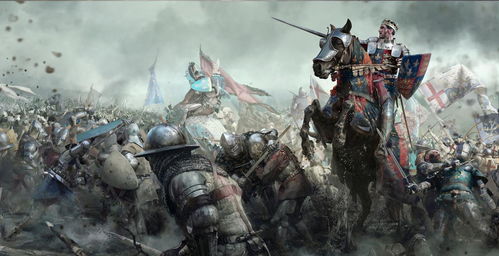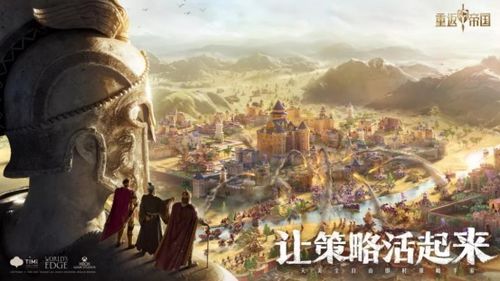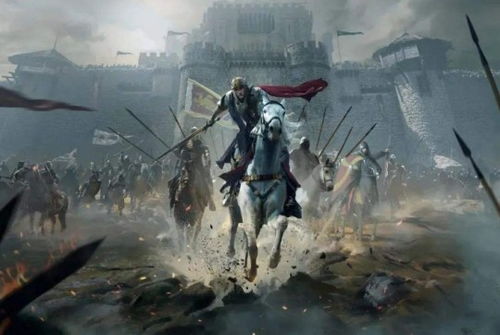来源:小编 更新:2024-11-30 03:14:13
用手机看

The concept of returning to an empire is a captivating one, evoking images of grandeur, power, and the rekindling of a bygone era. In this article, we delve into the historical significance, cultural implications, and the complexities surrounding the idea of a return to empire. Whether it's a political movement, a cultural phenomenon, or a historical narrative, the return to empire is a topic that continues to spark debate and intrigue.

To understand the concept of returning to an empire, it's essential to look back at the historical context. Empires, such as the Roman Empire, the British Empire, and the Mongol Empire, were once the pinnacle of power and influence. These empires were characterized by vast territories, diverse cultures, and immense wealth. However, the decline and fall of these empires were often marked by internal conflicts, external threats, and the eventual loss of power.

The cultural implications of returning to an empire are multifaceted. On one hand, there is a sense of nostalgia for the past, a longing for the glory and prestige that empires once held. This nostalgia can be seen in the resurgence of historical symbols, the adoption of traditional customs, and the promotion of nationalistic ideologies. On the other hand, there is a critical perspective that views the return to empire as a dangerous and regressive step, reminiscent of the oppressive and exploitative practices of the past.

Politically, the return to empire can be driven by various motivations. Some nations may seek to expand their influence and territory, driven by a desire for power and resources. Others may aim to restore a sense of national pride and identity, believing that the return to empire is a way to reclaim their historical legacy. In some cases, the return to empire may be a response to external threats, as nations seek to form alliances and build stronger defenses.

Economically, the return to empire can have significant implications. Empires often thrive on the exploitation of resources and labor from their colonies. This can lead to economic growth for the empire, but at the expense of the colonized nations. The return to empire may also result in increased trade and investment, but it can also perpetuate inequalities and dependency.

The societal impact of returning to an empire is profound. It can lead to the marginalization of minority groups, the suppression of dissent, and the erosion of democratic values. The return to empire may also exacerbate social tensions, as different groups compete for power and resources. Moreover, it can lead to a loss of cultural diversity, as the dominant empire's culture and values are imposed on the colonized nations.

Despite the allure of returning to empire, there are numerous challenges and criticisms. Critics argue that the concept is inherently flawed, as it perpetuates a cycle of oppression and exploitation. They point to the historical evidence of the suffering and injustice that empires have caused. Additionally, the modern world is vastly different from the era of empires, with new global dynamics and interdependencies that make the return to empire a unrealistic and potentially dangerous endeavor.

As the world continues to evolve, the future of empires remains uncertain. Some argue that the era of empires is over, and that the modern world is characterized by globalization and interdependence. Others believe that the concept of empire is still relevant, albeit in a different form. The rise of new global powers and the shifting geopolitical landscape suggest that the idea of returning to empire will continue to be a topic of debate and analysis.

The return to empire is a complex and multifaceted topic that touches on history, culture, politics, economics, and society. While it may hold appeal for some, the challenges and criticisms surrounding the concept highlight the need for a critical examination of its implications. As we navigate the complexities of the modern world, the question of whether or not to return to empire remains a topic of ongoing discussion and contemplation.
